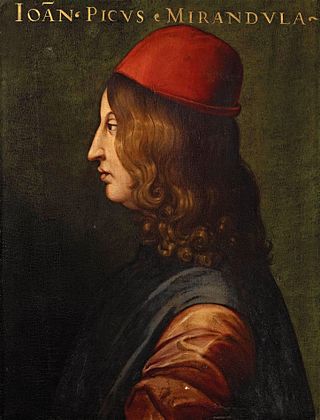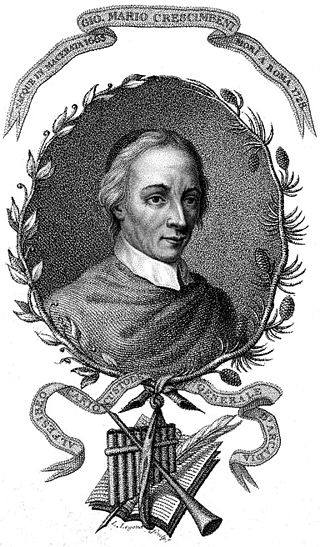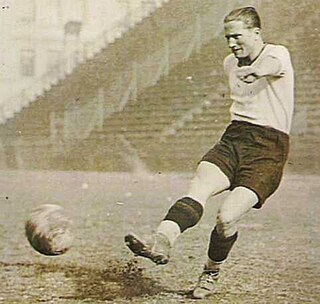
Roberto Baggio is an Italian former professional footballer who mainly played as a second striker, or as an attacking midfielder, although he was capable of playing in several offensive positions. He is the former president of the technical sector of the Italian Football Federation. A technically gifted creative playmaker and set piece specialist, renowned for his curling free-kicks, dribbling skills, and goalscoring, Baggio is widely regarded as one of the greatest players of all time.

Giovanni Pico dei conti della Mirandola e della Concordia, known as Pico della Mirandola, was an Italian Renaissance nobleman and philosopher. He is famed for the events of 1486, when, at the age of 23, he proposed to defend 900 theses on religion, philosophy, natural philosophy, and magic against all comers, for which he wrote the Oration on the Dignity of Man, which has been called the "Manifesto of the Renaissance", and a key text of Renaissance humanism and of what has been called the "Hermetic Reformation". He was the founder of the tradition of Christian Kabbalah, a key tenet of early modern Western esotericism. The 900 Theses was the first printed book to be universally banned by the Church. Pico is sometimes seen as a proto-Protestant, because his 900 theses anticipated many Protestant views.

Domenico Modugno was an Italian singer, actor and, later in life, a member of the Italian Parliament. He is known for his 1958 international hit song "Nel blu dipinto di blu", for which he received the first Grammy Awards for Record of the Year and Song of the Year. He is considered the first Italian cantautore.

Emilio Salgari was an Italian writer of action adventure swashbucklers and a pioneer of science fiction.

The Institute of the Italian Encyclopaedia Treccani, also known as the Treccani Institute, is a cultural institution of national interest, active in the publishing field, founded by Giovanni Treccani and Giovanni Gentile in 1925.

Ferruccio Parri was an Italian partisan and anti-fascist politician who served as the 29th Prime Minister of Italy, and the first to be appointed after the end of World War II. During the war, he was also known by his nom de guerreMaurizio.
Pietro Citati was an Italian writer and literary critic.

Giovanni Mario Crescimbeni was an Italian critic and poet. Crescimbeni was a founding member and leader of the erudite literary society of Accademia degli Arcadi in Rome.

Girolamo Genga was an Italian painter and architect of the late Renaissance, Mannerist style.

Luigi Albertini was an influential Italian newspaper editor, member of the Italian Parliament, and historian of the First World War. As editor of one of Italy's best-known newspapers, Corriere della Sera of Milan, he was a champion of liberalism. He was a vigorous opponent of socialism and clericalism, and of Giovanni Giolitti who was willing to compromise with those forces during his time as prime minister of Italy. Albertini's opposition to the Italian fascist regime forced the owners to fire him in 1925.

Riccardo Cocciante, also known in French-speaking countries and the United States as Richard Cocciante, is an Italian and French singer and songwriter.

Girolamo Basso della Rovere (1434–1507) was an Italian Cardinal of the Roman Catholic Church.

Adriano Galliani is an Italian entrepreneur and football executive who is the CEO of Serie A club Monza. He is also a senator for Forza Italia.

Rodolfo Volk was an Italian footballer who played as a forward.

Tullio Kezich was an Italian screenwriter and playwright, best known as the film critic for Corriere della Sera and for his biography of Italian director Federico Fellini, Federico Fellini: His Life and Work.

The Lives of the Most Excellent Painters, Sculptors, and Architects, often simply known as The Lives, is a series of artist biographies written by 16th-century Italian painter and architect Giorgio Vasari, which is considered "perhaps the most famous, and even today the most-read work of the older literature of art", "some of the Italian Renaissance's most influential writing on art", and "the first important book on art history".
Giovanni Ferrero is an Italian writer and businessman. He assumed the leadership of the confectionery company Ferrero SpA after the death of his brother Pietro Ferrero in 2011. His personal fortune is estimated at $43.8 billion in 2024 according to Forbes, making him the 26th richest in the world, and richest person in Italy.

Amedeo Della Valle is an Italian professional basketball player for Basket Brescia Leonessa of the Italian Lega Basket Serie A. He attended Findlay Prep in Henderson, Nevada, before spending two seasons playing college basketball for the Ohio State University.
Ottaviano Maria Sforza (1475–1545) was a Roman Catholic prelate who served as Bishop of Arezzo (1519–1525), Bishop of Lodi, and Titular Patriarch of Alexandria (1541–1545) and Bishop of Terracina, Priverno e Sezze (1541–1545).
















